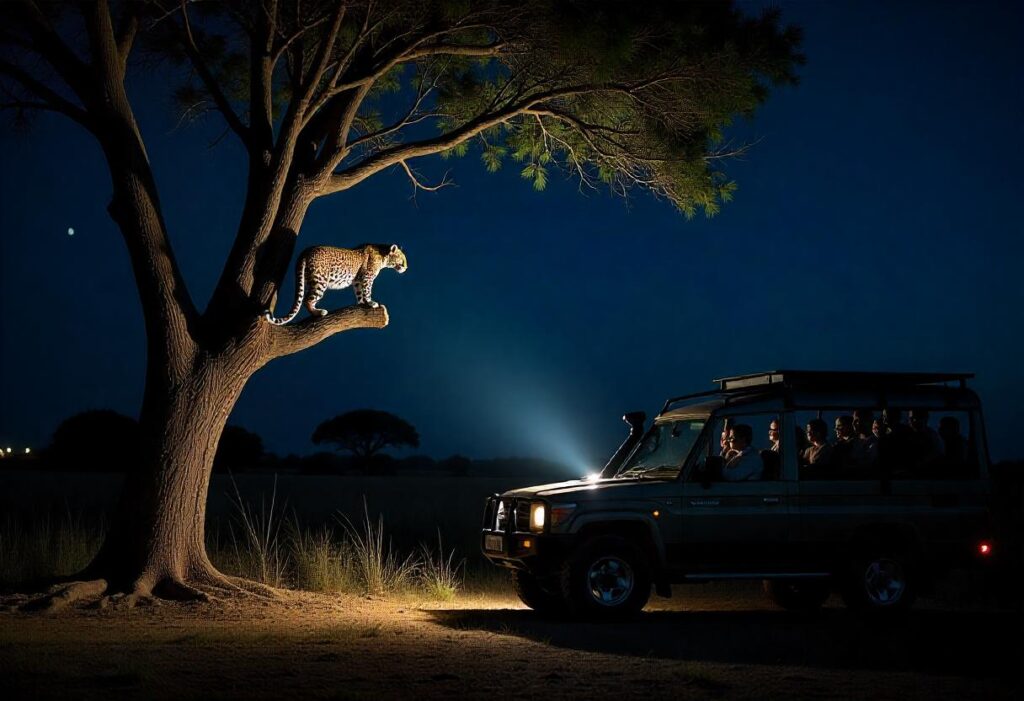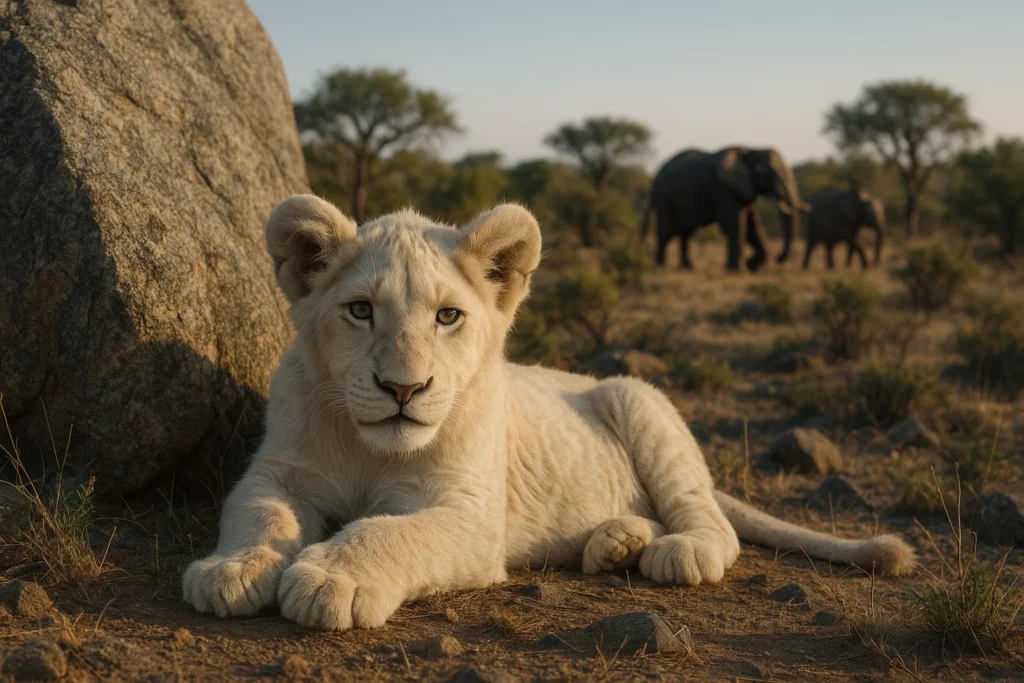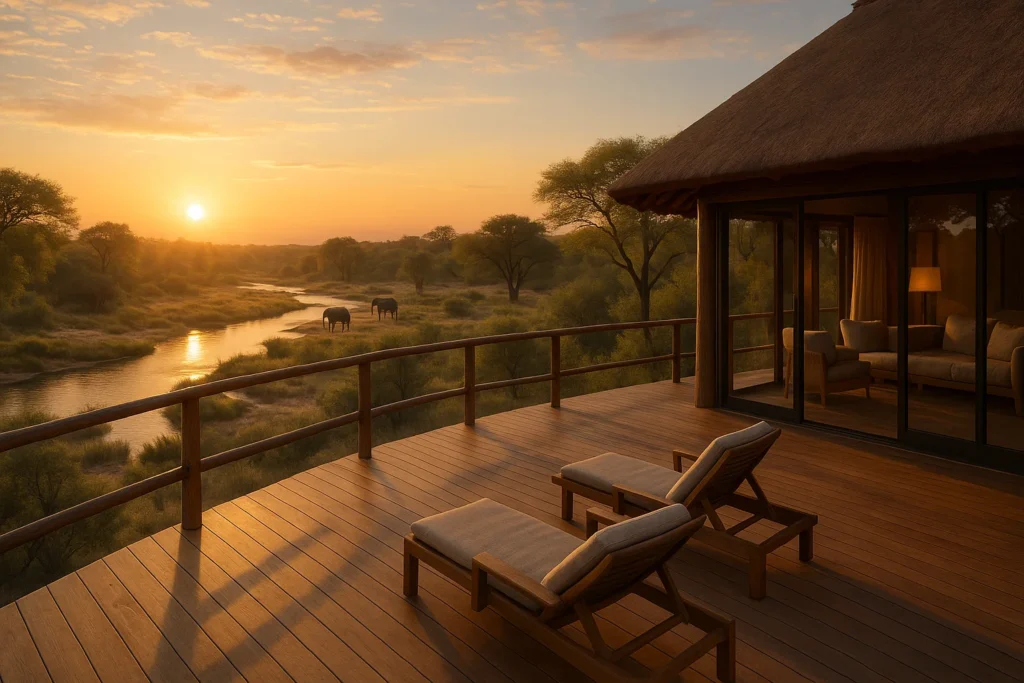Safaris in Africa are thrilling, unforgettable, and—contrary to popular belief—remarkably safe when planned and executed properly. Millions of travelers go on safari each year without incident. However, as with any wilderness experience, understanding potential risks and how to mitigate them is key to a safe and enjoyable adventure.
Understanding safari safety: perception vs. reality
Are safaris dangerous?
The idea of being surrounded by wild animals in remote regions can seem intimidating. However, most safaris are highly organized and operated by trained professionals who prioritize guest safety. Wildlife encounters are managed with strict protocols, and guests are rarely in danger if rules are followed.
Who ensures your safety?
Safari guides, rangers, and camp staff are trained extensively in wildlife behavior, emergency response, and guest care. Their local knowledge is one of your most valuable safety assets.
Wildlife encounters: what to expect and how to behave
Staying safe during game drives
- Remain inside the vehicle unless told otherwise.
- Keep noise to a minimum and avoid sudden movements.
- Don’t attempt to feed or approach animals.
Vehicles are typically seen as neutral by animals, but stepping outside disrupts that illusion.
In camp: respecting the wild
Even luxury lodges are often unfenced, meaning animals may pass through. Always:
- Walk with a guide or staff at night.
- Keep your tent or room zipped or locked.
- Never leave food exposed.
Health and medical considerations
Do you need travel vaccines?
Yes. Recommended vaccines for most African safari countries include:
- Hepatitis A and B
- Typhoid
- Yellow fever (sometimes required)
- Tetanus
Visit a travel clinic at least 4–6 weeks before departure.
Malaria prevention on safari
Malaria is present in many safari regions. Protect yourself by:
- Taking antimalarial medication as prescribed
- Using insect repellent (DEET-based)
- Sleeping under mosquito nets
- Wearing long sleeves and pants in the evening
Road and air travel: transportation safety in the bush
Are bush planes safe?
Light aircraft are commonly used in safaris and are generally safe. Pilots are well-trained, and flights are often short and scenic. However, they can be bumpy, so nervous flyers should prepare accordingly.
Road conditions and driving safety
Road conditions vary by region. Transfers arranged through reputable safari operators are conducted by professional drivers familiar with the terrain and wildlife.
Emergency response and insurance
What happens in a medical emergency?
Remote camps often have radio or satellite communication with emergency services and air evacuation providers. In serious cases, medical evacuation (medevac) to Nairobi, Johannesburg, or another major city may be necessary.
Always purchase comprehensive travel insurance that includes:
- Medical evacuation
- Emergency hospital care
- Trip interruption or cancellation
Is it safe to travel solo or with kids?
Yes—with the right operator.
- Solo travelers: Many safari lodges offer hosted experiences and are very welcoming.
- Families: Many camps cater specifically to children with family tents and kid-friendly game drives.
Final thoughts: how to choose a safe safari
When booking your safari:
- Choose an operator with excellent reviews and local expertise.
- Ask about guide certifications and emergency protocols.
- Ensure your itinerary includes safe transport and reputable camps.
An African safari is one of the safest ways to experience nature up close—if you’re informed and prepared. Trust your guides, follow safety rules, and embrace the adventure with confidence.






